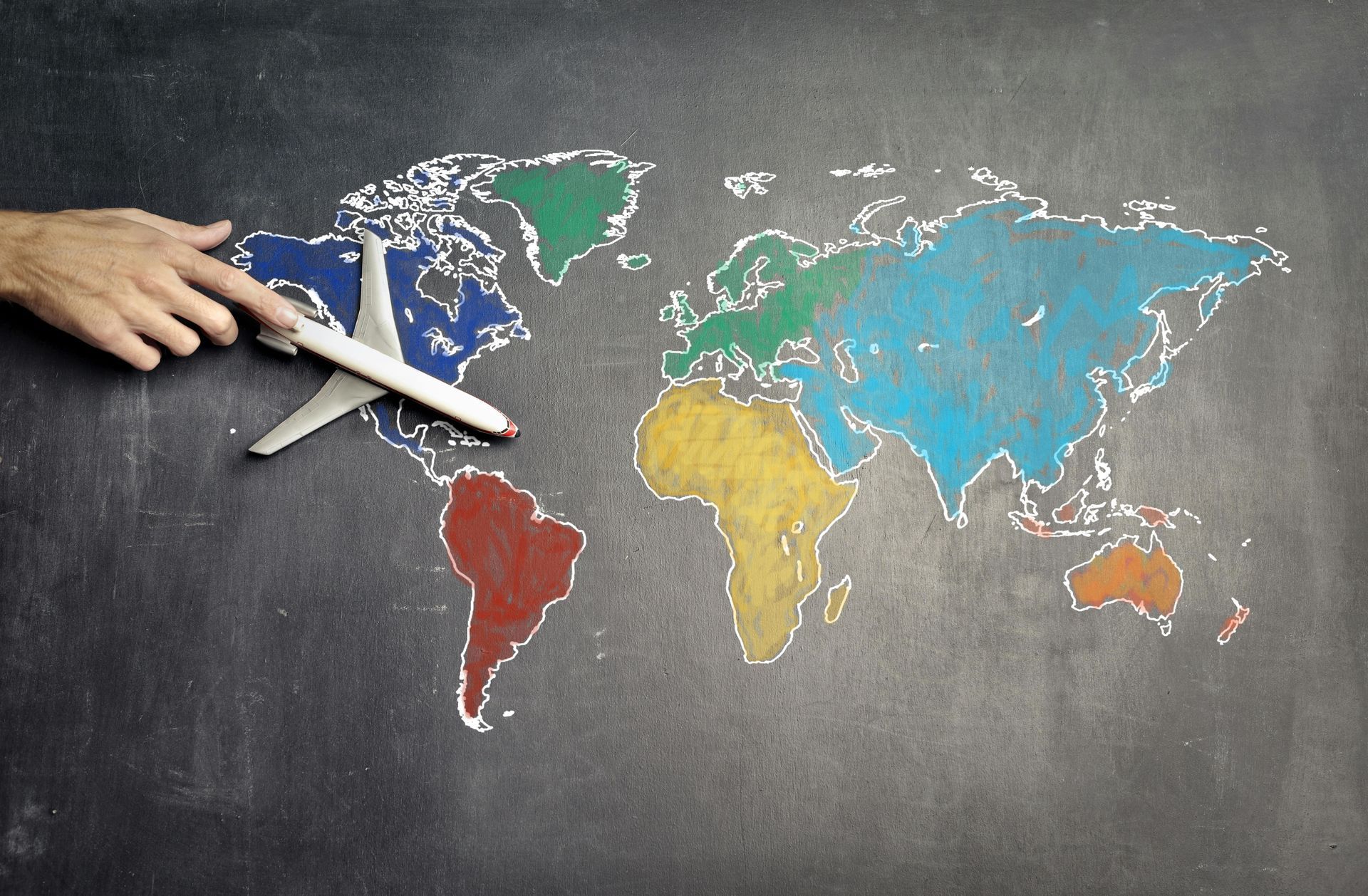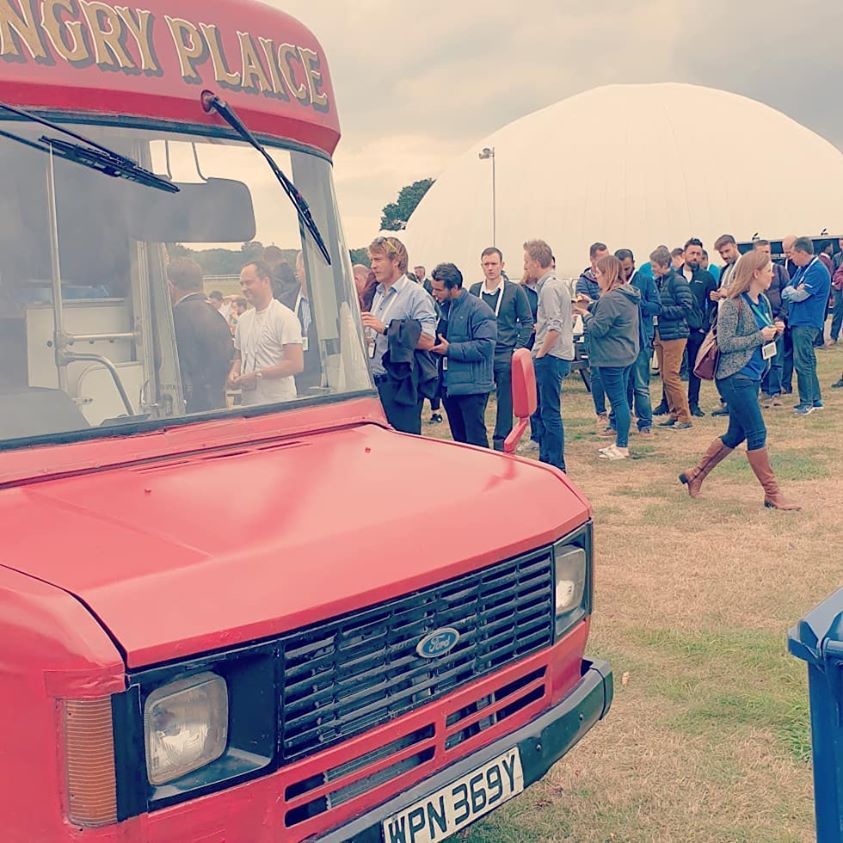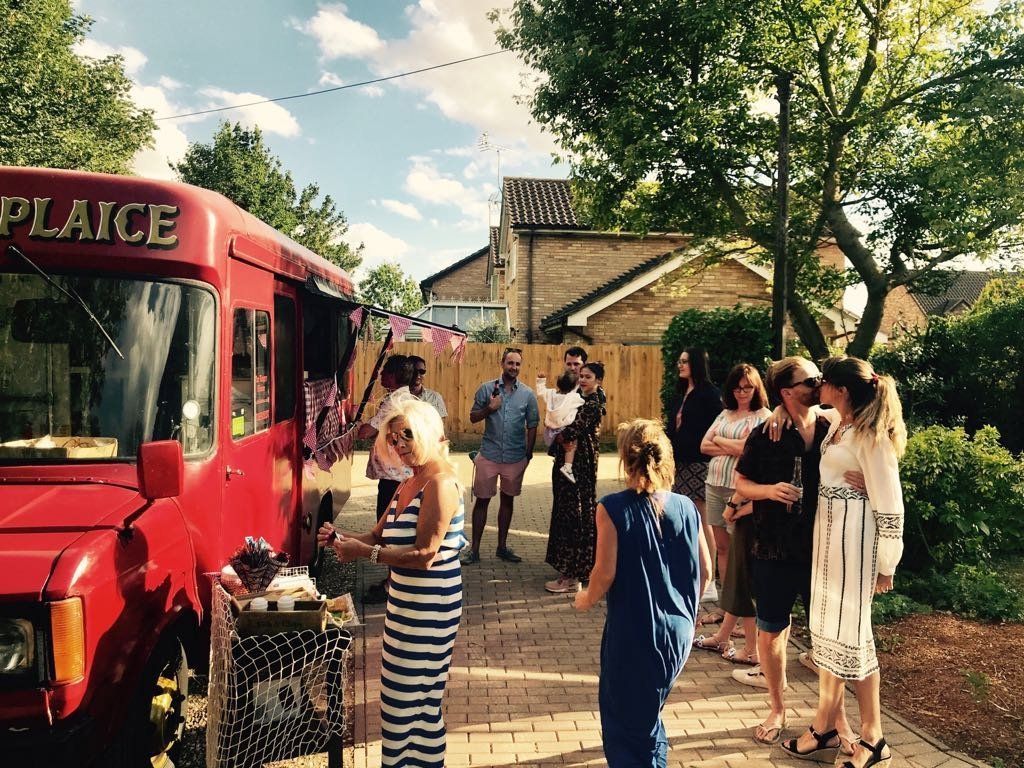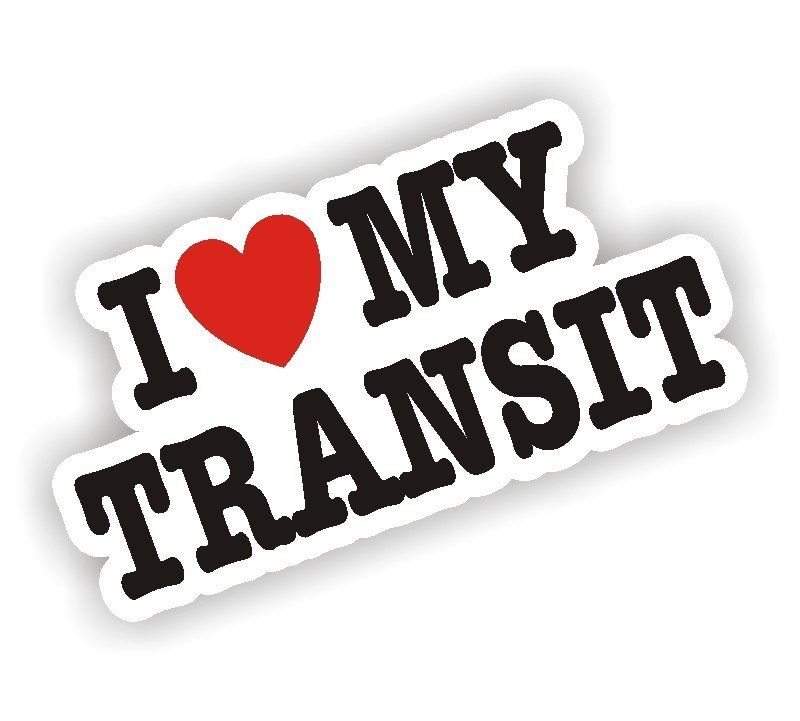As we step into 2025, the landscape of corporate events is transforming like never before. The pandemic has served as a catalyst for change, prompting organizations to rethink their approach to engaging employees, clients, and partners. This evolving nature of corporate gatherings invites us to embrace innovation and adaptability in our planning strategies—turning traditional concepts on their heads and ushering in a new era where flexibility and personalization are paramount. In this rapidly changing environment, staying ahead of trends isn't just beneficial; it's essential for success.
Future-Proof Your Corporate Events: 7 Trends for 2025
Embracing the Future of Corporate Events
Understanding the importance of these emerging trends ensures your events resonate with participants while fostering valuable connections that can last long after the final curtain falls. From sustainability initiatives that reflect a commitment to global responsibility to cutting-edge technologies that enhance engagement, adapting to contemporary demands will enable businesses to craft unforgettable experiences tailored specifically for their audiences. Join us as we explore seven key trends shaping the future of corporate events in 2025—a roadmap designed not just to help you keep pace but to thrive amidst continual change. Dive in with us as we uncover fresh insights that can elevate your event planning strategy and delight all those involved!
Embracing Hybrid Formats
In the ever-evolving landscape of corporate events, embracing hybrid formats has emerged as a game-changer. The combination of virtual and in-person elements not only broadens audience reach but also enhances engagement by catering to diverse preferences. For example, companies like Microsoft have successfully integrated hybrid models into their annual Ignite conference, allowing attendees to partake from anywhere in the world. This flexibility enables organizations to tap into a global talent pool while still providing meaningful face-to-face interactions for those on-site.
Key technologies play a crucial role in enabling seamless hybrid experiences. Video conferencing platforms now offer high-quality streaming capabilities that can accommodate large audiences, regardless of location. Platforms such as Whova and Hopin incorporate features for networking and interaction, ensuring remote participants do not feel disconnected. Furthermore, advancements in hardware—like high-definition cameras and interactive displays—bridge the gap between physical and digital domains, creating an immersive experience ideal for everyone involved.
Consider Salesforce’s recent Dreamforce event as another compelling case study highlighting the success of hybrid formats. By incorporating live-streaming sessions paired with curated networking opportunities for both in-person and virtual attendees, Salesforce achieved remarkable participation—increasing attendance beyond traditional limits without compromising on experiences. Their innovative approach served to engage their community effectively while demonstrating how hybrid events can foster inclusivity and participation amidst changing norms.
As companies continue adapting to new ways of working post-pandemic, employing these hybrid models is more than just a trend; it’s a pivotal strategy for future-proofing corporate gatherings. From enhanced attendee experiences driven by technology to inspiring case studies showcasing successful implementations, the ability to blend the best aspects of both formats is an essential step toward modernizing event planning across industries.
Sustainability Takes Center Stage
As the world increasingly prioritizes environmental stewardship, corporate event planners must adapt to the growing demand for eco-friendly practices. Business professionals are now more conscious of their ecological footprint, requiring a shift from traditional planning to sustainable solutions. Incorporating green initiatives into corporate events is no longer an added extra; it has become essential for businesses wanting to resonate with modern attendees and build a responsible brand image. Companies such as Salesforce have shown how integrating sustainability can enhance their events, demonstrating that commitment to the planet aligns with corporate objectives.
To effectively incorporate sustainable materials and methods into event planning, start by evaluating each aspect of your event through a green lens. Opt for digital invitations instead of printed ones to minimize paper waste, and when selecting venues, prioritize those committed to environmentally friendly practices like energy efficiency and waste reduction. Additionally, consider catering options that source local ingredients or employ plant-based menus – not only do they leave less of a carbon footprint, but they also cater to contemporary dietary preferences. For instance, Adobe's annual summit showcased sustainability by partnering with local caterers who provided locally sourced menu items while minimizing food packaging.
Leading organizations are setting examples in sustainability within their corporate events. For example, IKEA’s recent product launch included initiatives such as zero-plastic policies and recycling booths where attendees could responsibly dispose of used items during the event. Similarly, Unilever has made significant strides by opting for hybrid formats featuring eco-conscious virtual components that decrease travel emissions while engaging a larger audience. These companies illustrate forward-thinking approaches that not only appeal to today’s conscious consumer but also foster loyalty among stakeholders who value corporate social responsibility.
Ultimately, adopting sustainable practices in corporate event planning isn't just about reducing harm—it's about showcasing leadership in an evolving marketplace where consumers expect accountability and responsibility from brands they support. By embracing innovative strategies and sharing success stories like those of Salesforce or IKEA, corporations can position themselves as pioneers in both sustainability efforts and enriching participant experiences.
Personalization for Attendee Engagement
In today’s rapidly evolving corporate landscape, the demand for personalized experiences is at an all-time high. Gone are the days of one-size-fits-all agendas; attendees now expect events that cater directly to their interests and needs. Event planners must recognize this shift and embrace tailored experiences that enhance engagement. By prioritizing personalization, companies can create meaningful connections with participants, ensuring they leave the event feeling valued and satisfied.
To implement personalization effectively, various tools and strategies have emerged. For instance, utilizing attendee registration platforms that collect data on individual preferences allows organizers to create custom agendas based on what participants are interested in. Leading events often use apps to facilitate real-time feedback, enabling planners to adjust sessions dynamically while in progress. A well-known tech conference recently adopted this approach by allowing attendees to vote on which topics to cover next during breakout sessions—resulting in a highly engaging atmosphere where everyone felt involved in shaping their experience.
The impact of personalization on attendee satisfaction is profound; not only does it drive engagement during the event, but it also fosters long-term loyalty among participants. When attendees feel that their specific interests have been considered, they are more likely to return for future events and advocate for them within their professional networks. For example, a recent corporate seminar focused on leadership development saw a remarkable increase in retention rates after incorporating personalized follow-ups based on participant input gathered during the event.
As organizations continue refining their event strategies for 2024 and beyond, focusing on personalization will be essential in enhancing overall attendee engagement. Personalization is not just about catering individual preferences; it's about transforming the attendee journey into a memorable experience that encourages connection and knowledge sharing. By investing time and resources into understanding participants’ needs, corporate events can cultivate deeper relationships that resonate long after the final applause has faded.
Technological Innovations Shaping Events
As we venture further into 2025, the corporate event landscape is being revolutionized by cutting-edge technologies that enhance attendee experiences and operational efficiency. The rise of artificial intelligence (AI), augmented reality (AR), virtual reality (VR), and advanced live-streaming capabilities is reshaping how events are planned and executed. These innovations allow planners to create engaging, immersive environments that cater to diverse audiences, whether they are attending in-person or virtually.
AI is playing a pivotal role in personalizing event experiences. For instance, AI-driven chatbots can assist attendees with personalized schedules or answer frequently asked questions in real-time, enhancing their overall experience while reducing the reliance on staff. Furthermore, machine learning algorithms can analyze participant behavior and feedback to suggest tailored content or networking opportunities. "If you can harness the power of data alongside technology,” remarks industry expert Jane Smith, “you’ll not only improve attendee satisfaction but also gather invaluable insights for future events."
AR and VR technologies provide exciting new dimensions to corporate gatherings. Imagine hosting an interactive product launch where participants can visualize and manipulate a 3D model of your latest offering as if they were physically present at the venue—this kind of engagement captivates audiences like never before. Moreover, immersive experiences offer hybrid solutions where remote participants can feel connected through shared interactions, strengthening the bond among attendees regardless of location.
Finally, live-streaming tools have reached new heights in reliability and adaptability, making it easier than ever for global audiences to connect with events in real time. Using platforms that integrate seamlessly with social media allows companies to promote their gatherings effectively while maintaining high quality across all broadcasts. “The future of event planning hinges heavily on integrating these technological advancements with fresh ideas," asserts tech consultant Robert Johnson. Keeping pace with these innovations ensures that corporate events not only meet but exceed expectations in today’s rapidly evolving environment.
Fostering Inclusivity at Events
As the corporate event landscape continues to evolve, embracing diversity and inclusion has become essential for ensuring that all attendees feel welcome and valued. Gone are the days when events catered solely to a homogenous group; today’s successful gatherings actively seek to celebrate diverse backgrounds, perspectives, and experiences. Event planners need to recognize that inclusivity is not just a trend but a fundamental aspect of creating meaningful connections among participants. A truly inclusive event fosters an environment where everyone can thrive—contributing ideas and engaging in vibrant discussions.
To guarantee accessibility for all attendees, it’s crucial to implement best practices right from the planning stages. This includes evaluating venue options with respect to physical accessibility, ensuring that transportation services cater to individuals with disabilities and providing necessary accommodations such as sign language interpreters or materials in multiple languages. In addition, embracing technology can enhance inclusivity; tools like live captioning during presentations or apps that facilitate real-time translation help bridge linguistic gaps. Organizations like Access All Areas exemplify how straightforward changes in planning can create environments where every participant benefits from engaging content equally.
Furthermore, fostering inclusivity goes beyond physical accommodations—it involves cultivating a culture of belonging throughout the event experience. Event facilitators should consider structuring agendas that promote open dialogue while also allowing for diverse networking opportunities tailored to different groups within the audience. For example, having breakout sessions focusing on specific topics relevant to underrepresented audiences ensures their voices are heard more prominently. In recent years, festivals like South by Southwest (SXSW) have made significant strides toward inclusivity by featuring panels exclusively dedicated to topics around diversity in tech and media, inviting insightful dialogue among varied communities.
By prioritizing inclusivity in event planning practices, organizations not only elevate attendee satisfaction but also build brand loyalty and reputation within their community. As companies learn from successful models and take deliberate action towards improving access and representation in their gatherings, they pave the way for future events brimming with creativity fueled by inclusiveness—truly making room for everyone at the table as we move forward into 2024 and beyond.
Data Analytics: Utilizing Insights for Better Planning
In today's highly competitive corporate landscape, leveraging data analytics is crucial for enhancing the planning and execution of events. By collecting valuable insights before, during, and after gatherings, event planners can make informed decisions that not only elevate the attendee experience but also optimize resource allocation. For instance, utilizing registration data to understand attendee demographics enables planners to refine their content and marketing strategies effectively. This pre-event analysis allows for a tailored approach that resonates with specific audience segments, ultimately leading to higher satisfaction rates.
During events, analytics tools like real-time feedback surveys or live polling can provide immediate insights into the audience's preferences and engagement levels. A striking example comes from a technology conference where organizers implemented instant sentiment analysis on keynotes—analyzing social media mentions in real time allowed them to adjust following presentations accordingly. This type of adaptive approach fosters an engaging atmosphere while ensuring the event meets attendees' expectations dynamically throughout its course. Moreover, post-event data collection—such as exit surveys—can unearth invaluable insights regarding what worked well and what requires improvement.
Successful data-driven decision-making has already been witnessed across various industries; for instance, one notable case involves a multinational corporation using attendance metrics to analyze participation in breakout sessions at annual retreats. By understanding which topics resonated most with employees through post-event analytics, they restructured subsequent programming to emphasize those themes. The result was not only greater engagement but also measurable increases in follow-up initiatives stemming from deeper discussions during these focused sessions.
Looking ahead, the implications of utilizing data analytics in event strategy are profound. As technology continues to evolve, predictive analytics will play an increasing role in anticipating attendee behavior and preferences based on historical data patterns. Companies that embrace this transformative capability can stay one step ahead of trends—a game-changer for creating personalized experiences that cater to individual needs. Consequently, future-proofing your corporate events with robust analytical frameworks ensures you're equipped to adapt seamlessly as new preferences emerge within your audience landscape.
Networking Opportunities Reinvented
As we step into 2025, the landscape of networking at corporate events is experiencing a revolutionary shift. Gone are the days of simply shaking hands over canapés; today's event planners and organizations are leveraging innovative tools and strategies to foster meaningful connections among attendees. From app-based networking platforms that match participants based on shared interests to robust breakout sessions that encourage collaboration, these new methods aim to create value for all involved. By implementing structured networking experiences alongside informal gathering opportunities, hosts can enhance both engagement and satisfaction.
Structured networking sessions have proven beneficial in establishing clear objectives for participants. For instance, speed networking formats allow attendees to interact with multiple individuals within a defined time frame, optimizing their opportunity to connect without feeling overwhelmed by endlessly wandering between groups. These focused environments not only help break the ice but also mitigate social anxieties related to initiating conversations in large crowds. Conversely, informal meet-ups—such as coffee or cocktail hours—serve as an excellent complement where conversations can flourish organically. Striking a balance between these two modalities ensures that guests have dynamic options at their disposal.
Successful case studies illustrate how blending structure with spontaneity transforms traditional networking. For example, at last year's Annual Tech Innovation Forum, organizers paired panel discussions with an interactive app that allowed attendees to submit questions live while rating ideas posed by others nearby. This created natural discussion starters during breaks and led to more vibrant exchanges among professionals from different sectors. Similarly, companies like Salesforce have embraced guided "Lunch & Learns" where employees share insights over lunch tables pre-arranged according to common career interests—reinforcing learning and connection simultaneously.
By reinvigorating networking strategies through intentional design and creativity, organizations ensure they offer valuable platforms for attendees looking to forge lasting connections in an ever-evolving corporate landscape. As event planners consider revamped approaches for 2025, it's essential they focus not only on creating spaces for interaction but also on curating meaningful experiences tailored around participants' needs and aspirations. The future of successful corporate events rests upon remaining adaptable—and nowhere is this more evident than in reimagined networking opportunities that truly empower attendee engagement.
Embracing the Future of Corporate Events
As we look ahead to 2025, it's clear that the landscape of corporate events is undergoing significant transformation. From embracing hybrid formats and sustainability practices to personalizing attendee experiences and leveraging technological innovations, event planners must adapt to these emerging trends to stay competitive and relevant. The focus on inclusivity, data-driven strategies, and innovative networking opportunities underscores the need for a thoughtful approach that prioritizes the needs and preferences of attendees while maximizing engagement and satisfaction.
Encouragingly, the future offers exciting possibilities for those willing to embrace change. By staying informed about industry trends and continuously seeking innovative solutions, corporate leaders can craft memorable events that resonate with participants on multiple levels. As a family-owned business committed to excellence, we inspire you to not just keep pace but lead the way in redefining what corporate gatherings can achieve. Together, let's ensure that your events are not only successful but also forward-thinking reflections of our ever-evolving world.
The Hungry Plaice
Vintage Fish & Chip Van And Ice Cream Van Hire
Contact Us For A Quote
Sign up to our newsletter
















